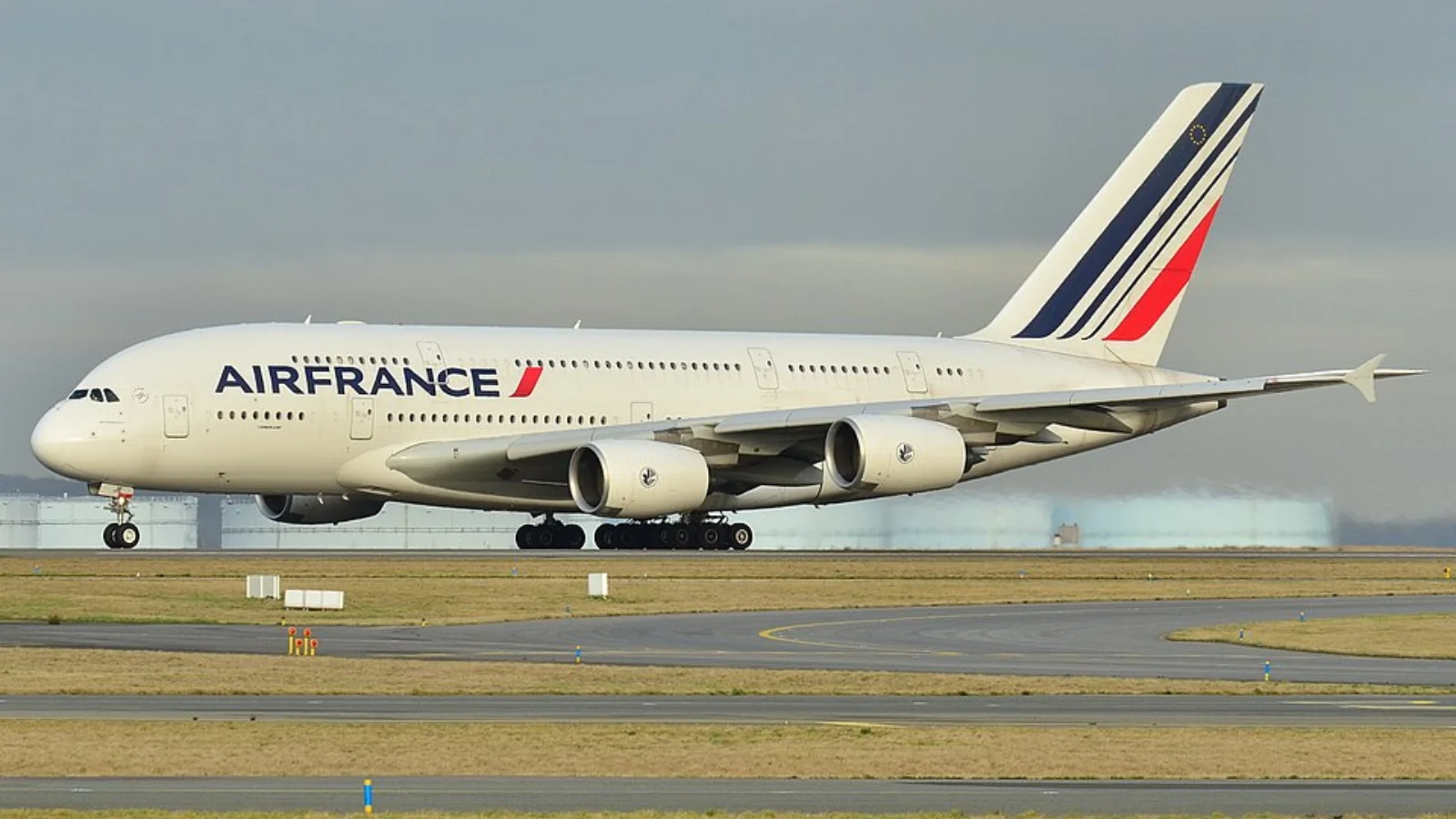The Air Accidents Investigation Branch (AAIB) of the United Kingdom has released a report concerning an incident involving a TUI Boeing 787-8 aircraft, which landed at Birmingham Airport with fuel levels below the final reserve. The situation arose after the flight crew executed a go-around at their diversion airport.
On December 21, 2023, the TUI Boeing 787-8, registered as G-TUIB, faced "significant weather disruption" due to high winds while attempting to land at Manchester Airport. Following a holding pattern near Manchester, the captain decided to divert to East Midlands Airport. However, capacity issues there led the aircraft to Birmingham Airport instead. A wind shear alert on approach prompted the crew to declare a fuel emergency and land with insufficient reserve fuel.
“Safety action in relation to diversions and aircraft emergencies has been implemented by both EMA and BHX following their own internal investigations,” stated the AAIB report. These actions include improving communication regarding airport capacity for diversions and prioritizing emergency-declared aircraft.
 Alerts Sign-up
Alerts Sign-up







